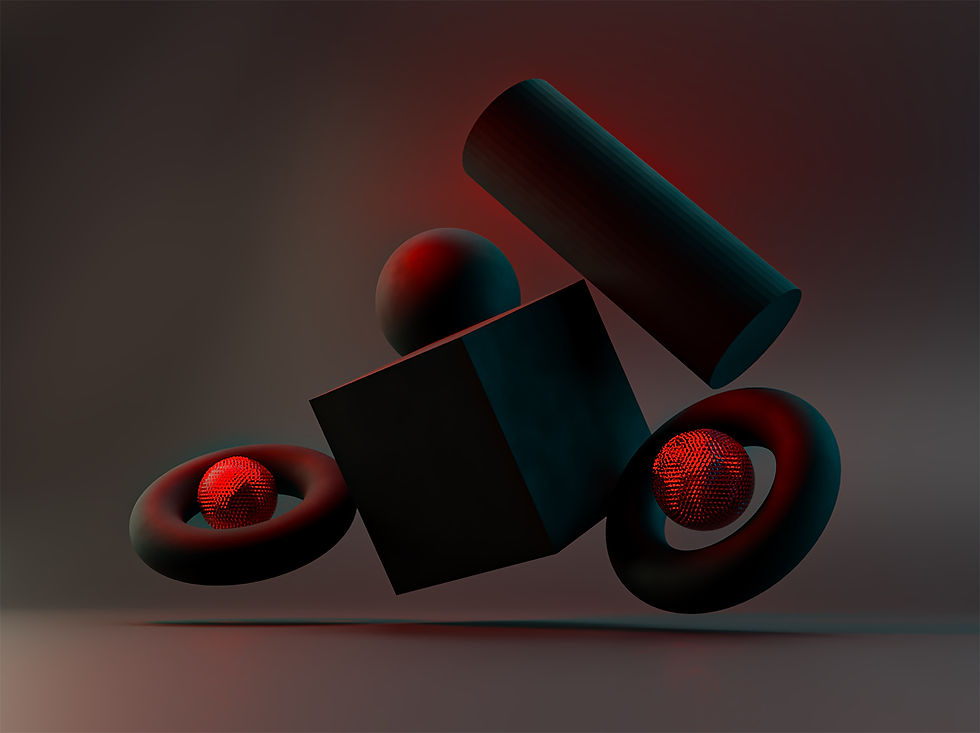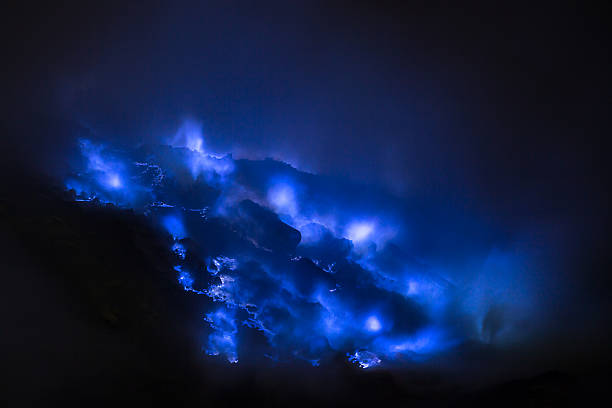Unique Science Fair Projects for Kids to Explore the Scientific Method
- Elysian Science Editor

- Jul 14, 2025
- 2 min read
Are you looking for exciting science fair projects that go beyond the usual volcanoes and slime? Here are some creative ideas that encourage students to investigate, hypothesize, experiment, and analyze, all while having fun!

1. The Effect of Music on Plant Growth
Question: Does listening to different genres of music affect how plants grow?
Hypothesis: Plants exposed to classical music will grow taller than those exposed to heavy metal or silence.
Experiment:
- Grow identical plants in separate pots.
- Play classical music for one group, heavy metal for another, and keep a control group in silence.
- Measure plant height weekly for a month.
Scientific Method Practice: Formulating a hypothesis, controlling variables, collecting data, analyzing results.

2. How Does Temperature Affect the Rate of Magnetic Levitation?
Question: Does temperature influence how well a magnet can levitate due to changes in air density?
Hypothesis: Cooler air will allow the magnet to levitate higher because of increased air density.
Experiment:
- Use a magnetic levitation setup.
- Measure the levitation height at different temperatures (use a fan, ice, or warm environment).
- Record the height and compare.
Scientific Method Practice: Testing an environmental variable's effect, data collection, drawing conclusions.

3. The Impact of Handwashing Duration on Germ Removal
Question: Does washing hands for longer periods remove more germs?
Hypothesis: Washing hands for 20 seconds will remove more germs than washing for 5 seconds.
Experiment:
- Use a harmless bacteria culture (like agar plates with a bacterial swab).
- Swab hands before and after washing for different durations.
- Incubate the plates and observe bacterial growth.
Scientific Method Practice: Designing a controlled experiment, observing outcomes, analyzing data.

4. Investigating the Insulating Properties of Different Materials
Question: Which household material keeps a cold pack cold the longest?
Hypothesis: Materials like foam will insulate better than paper or cloth.
Experiment:
- Wrap a cold pack in different materials.
- Measure temperature at regular intervals.
- Determine which material maintains the coldest temperature over time.
Scientific Method Practice: Testing material properties, recording quantitative data, analyzing results.

5. Does the Color of Light Affect the Rate of Photosynthesis?
Question: Do different colored lights influence how quickly plants photosynthesize?
Hypothesis: Blue light will promote faster photosynthesis than red or green light.
Experiment:
- Place identical plants under different colored LED lights.
- Measure oxygen production or observe leaf color changes over time.
Scientific Method Practice: Manipulating variables, measuring outcomes, interpreting data.

Tips for a Great Science Fair Project:
- Start with a question that interests you!
- Make a hypothesis based on what you think will happen.
- Design a fair test with controlled variables (independent and dependent).
- Collect and record data carefully.
- Analyze your results and draw conclusions.
Encourage students to be curious, ask questions, and enjoy the process of scientific discovery!




Comments